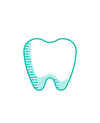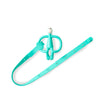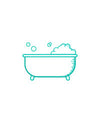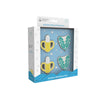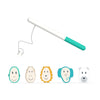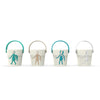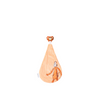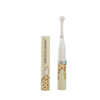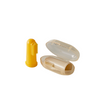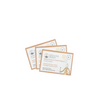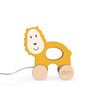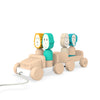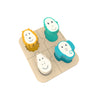The Benefits of Homemade Baby Food
Although shop-bought pots of readymade baby food are easily available and convenient, there are so many benefits to making your baby’s food from scratch at home, and with reasons ranging from health to finances, it’s worth a try at least! Still not convinced? Read on to find out the many benefits of making your baby’s food at home, with top tips!
- Nutrition Matters
In order for the jars in which shop-bought baby food is stored to be hygienic, the jars are usually heated at very high temperatures to kill off any residual bacteria. Unfortunately, when this is done the food is usually already inside the jar, which means that the heat kills off any nutrients contained in the ingredients! Baby food made at home with fresh ingredients does not usually require long periods of boiling, which means that you can pack in the good nutrients and vitamins that your baby needs!
- Cost Effectiveness
Though undoubtedly convenient, much like any ready-meals, shop-bought baby food is not cheap, especially when you are using it to feed your child twice or three times daily! Shopping for the basic ingredients required to make baby food is not only cheaper, but multi-purpose: those same ingredients can be used to make your own, adult, food, too!
- Families Time
Which brings us to our next point - family mealtime. When you control your child’s diet, you can line it up with what the rest of the family is eating, creating a shared experience between all members of your family. The ingredients can be the same, even if the preparation is a bit different - for instance, if you are eating peas as a part of your meal, try mashing or pureeing some for your little one to avoid choking hazards!
- Better Variety for a Better Palate
A lot of readymade baby food is quite bland and consistently textured, which can make for challenges when weaning your child onto solid foods later on. Homemade baby food not only has a bigger variety of ingredients and flavours, but also textures, as your blending will be less consistent than food that is mashed in a factory setting. A greater variety of flavours and textures helps your baby to get used to different types of foods and encourages them to start chewing earlier, setting them up to be less fussy eaters once they’re on the solids!
Remember!
Despite wanting to include your baby in family mealtimes and getting them used to lots of different foods, there are still some things that should be excluded from your child’s diet for health reasons. Steer clear of salt and salty foods, additional sugar (those which naturally occur in fruit are fine in small doses), food that may be high in bacteria such as honey or some cheeses, and of course, anything that might be a choking risk!
For more tips on feeding your toddler, check out our previous blog about snacks!

